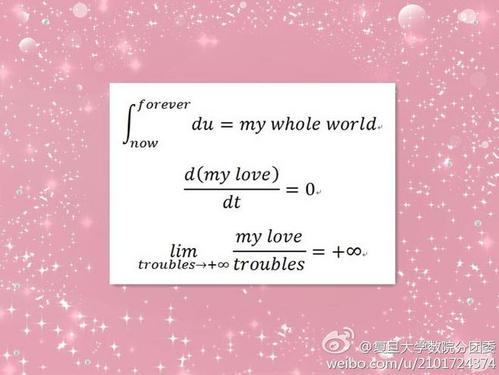Title: Translating "比心" into English
In Chinese, "比心" (bǐ xīn) literally means "compare heart." However, its meaning extends beyond its literal translation. It's a gesture commonly used in social media and messaging platforms, where people form a heart shape with their hands. This gesture conveys affection, love, or a feeling of warmth towards someone or something.
Translating "比心" into English can be a bit tricky because it's a cultural expression deeply rooted in Chinese online communication. However, there are several ways to convey its essence:
1.
Heart Gesture
: One straightforward translation could be "heart gesture" or "heart sign," describing the physical action of forming a heart shape with one's hands.2.
Sending Love
: Another interpretation is to translate it as "sending love," which captures the sentiment behind the gesture, emphasizing the expression of affection or care.3.
Heart Emoji
: In digital communication, "比心" can be equated with the heart emoji ❤️, as both convey similar emotions of love and warmth.
4.
Heart Symbol
: Similarly, it can be translated as "heart symbol," acknowledging its symbolic representation of love and friendship.5.
Heart Gesture Emoticon
: To maintain the playful and informal nature of the expression, it can also be translated as "heart gesture emoticon," highlighting its usage in online conversations.6.
Heart Sign of Affection
: This translation emphasizes the affectionate nature of the gesture, portraying it as a sign of endearment or fondness.7.
Heart Symbol of Connection
: Alternatively, it can be translated as "heart symbol of connection," reflecting its role in fostering emotional connections between individuals.Ultimately, the most suitable translation depends on the context and the intended audience. If the translation is for a global audience unfamiliar with Chinese online culture, a more descriptive option like "heart gesture" or "sending love" might be preferable. However, if the translation is for a context where the audience is familiar with Chinese social media expressions, using terms like "比心" directly or translating it as "heart emoji" could be more effective in preserving its original connotations.











